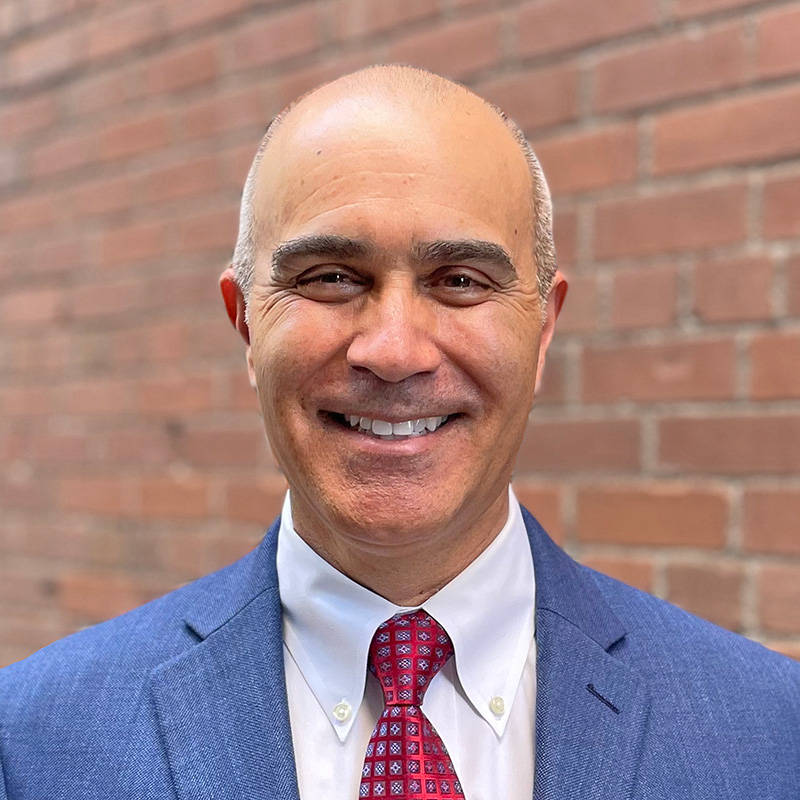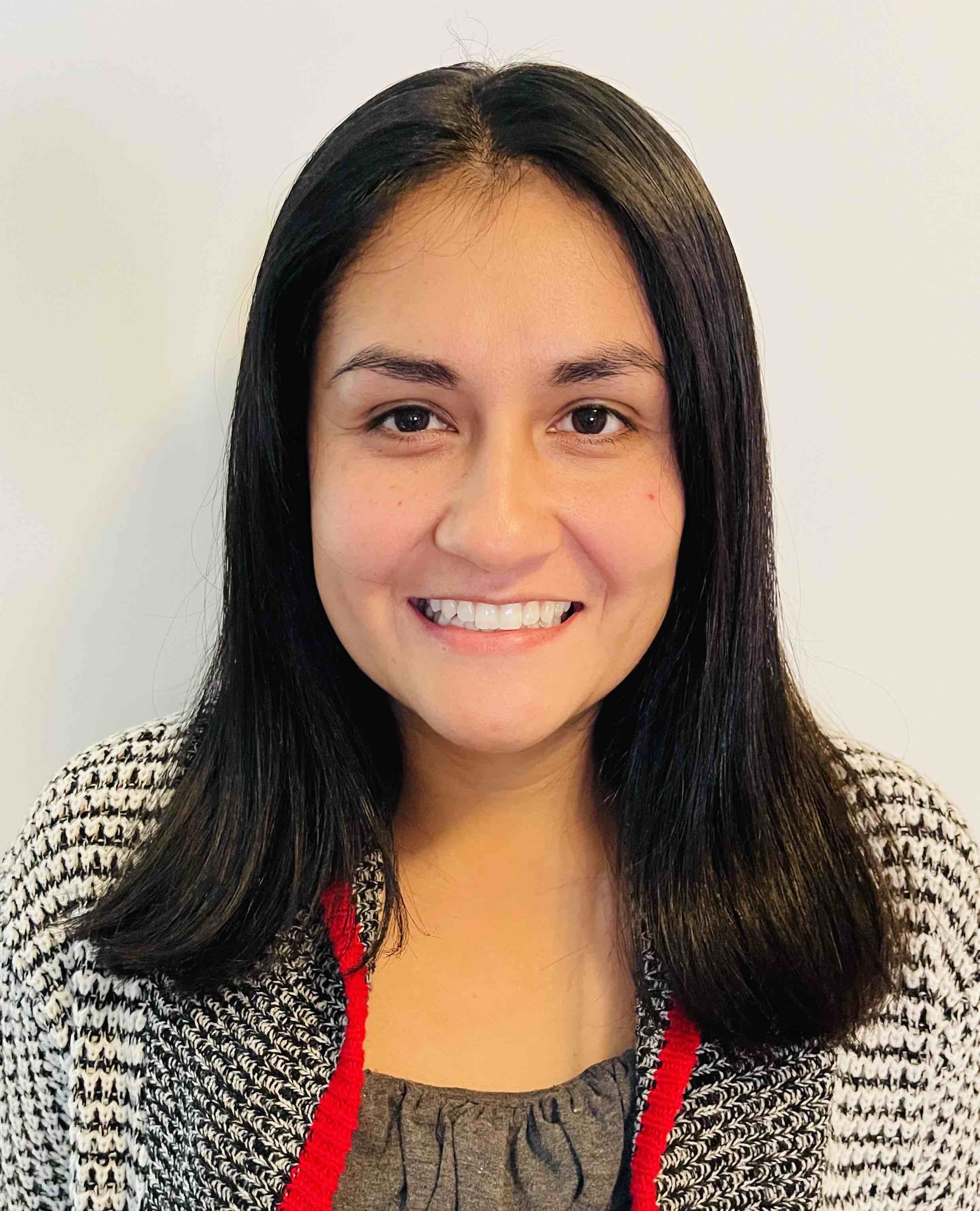AI and Computing
Speakers and abstracts for Session #1 talks: AI and Computing

Phillip De Leon
Speaker Affiliation: Associate Vice Chancellor for Research and Chief Research Officer, CU Denver
Title: AI-Generated Speech: Detection and Regulation
Abstract: This talk will first provide a brief history of synthetic speech (or AI-generated speech as it is now called) and then discuss the problem of imposture: spoofing human speech in order to be accepted by a speaker verification system. Next, prior research into the design of human vs. synthetic speech classifiers is presented as well as current research in countermeasures for Personal Voice Assistant applications. Finally, thoughts on technical approaches and challenges toward regulation of AI-generated speech will be offered.

Isabel Corona Guevara
Speaker Affiliation: University of Colorado Denver, Mathematical and Statistical Sciences
Title: Data-driven surrogate modeling with variational inference-facilitated sparse Bayesian learning
Abstract: Polynomial chaos expansion (PCE) is a surrogate modeling approach which uses an orthogonal basis of polynomials to approximate a model response. Normally, the polynomials are chosen so that they are orthogonal with respect to the distribution of the input variables. Arbitrary polynomial chaos expansion (aPCE) is a similar surrogate-based approach which does not require knowledge of the probability density functions of the model inputs. Instead, the orthogonal polynomials are constructed purely based on the data. We use two different sparse Bayesian learning techniques to approximate the coefficients of an aPCE with the use of variational Bayesian inference. In addition, the algorithms allow us to obtain a sparse aPCE. As with a PCE, aPCE can be used to perform computationally intensive simulations such as global sensitivity analysis. The aPCE sparse Bayesian algorithms are applied to a synthetic example and all the results are compared with those obtained using a PCE to verify performance of the aPCE.

Taylor Roper
Speaker Affiliation: Mathematical and Statistical Sciences, CU Denver
Title: Learning Uncertain Quantities via Kernel Principal Component Analysis for Stochastic Inverse Problems
Abstract: The current popularity in AI is in part due to the developing capabilities in storing and handling computations with large amounts of data. While the usefulness of this data is not always known beforehand, AI supplies the ability to potentially learn this usefulness post data collection. In the realm of mathematical modeling, the data collected typically represents solutions to systems of differential equations that describe the physical situation temporally, spatially, or both. These solutions rely on accurate representations of the parameters that the models depend on, and when a model is used to describe a more controlled setting where errors in the model are due primarily to aleatoric (or irreducible) errors, calibration of these input parameters are a high priority. The difficulty in this problem lies in only being able to measure the indirect effects of these parameters instead of the parameters themselves. This talk focuses on utilizing machine learning algorithms, both implicitly and explicitly, to take potentially sporadic and noisy measurement data representing outputs of a model to learn Quantity of Interest (QoI) maps to invert in order to quantify variations in the model's input parameters as a solution to Stochastic Inverse Problems (SIP). Previous research on learning QoI maps for SIP utilizes kernel principal component analysis (KPCA) on temporal data. The research presented in this talk extends this by adapting the process to spatial and spatial-temporal data as well as giving a closed-form solution to the QoI maps learned via KPCA in order to better understand the geometry of these maps.

Kathryn Hamilton, Julien Langou, Amy Roberts
Speaker Affiliation: Physics | Mathematical and Statistical Sciences | Physics departments, respectively, CU Denver
Title: Three NSF-funded Cyberinfrastructure projects related to software and data science
Abstract: This talk will present three NSF-funded Cyberinfrastructure awards related to software and data science. Dr. Kathryn Hamilton is a PI for the NSF Award #2311928 entitled: ``Frameworks: An Advanced Cyberinfrastructure for Atomic, Molecular, and Optical Science (AMOS): Democratizing AMOS for Research and Education. Dr. Julien Langou is a PI for the NSF Award #2004850 entitled: ``Frameworks: Basic ALgebra LIbraries for Sustainable Technology with Interdisciplinary Collaboration (BALLISTIC)``. And Dr. Amy Roberts is a PI for the NSF Award #2104003 ``Elements: Shared Data-Delivery Infrastructure to Enable Discovery with Next Generation Dark Matter and Computational Astrophysics Experiments.`` In this talk, we will (1) present these three projects, (2) explain what connections they share, (3) how to make software efforts at CU Denver thrive, (4) benefit to our student community and our institution, and (5) relation to the data science world.